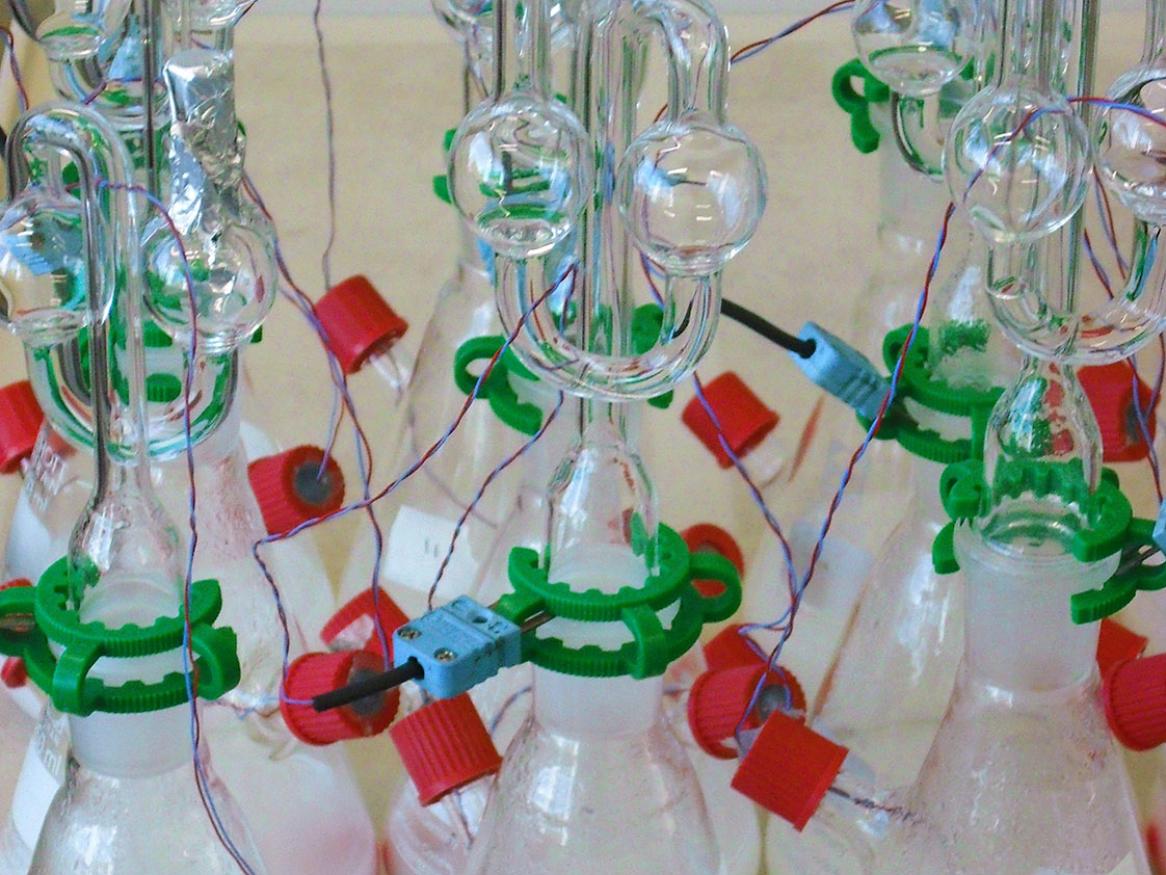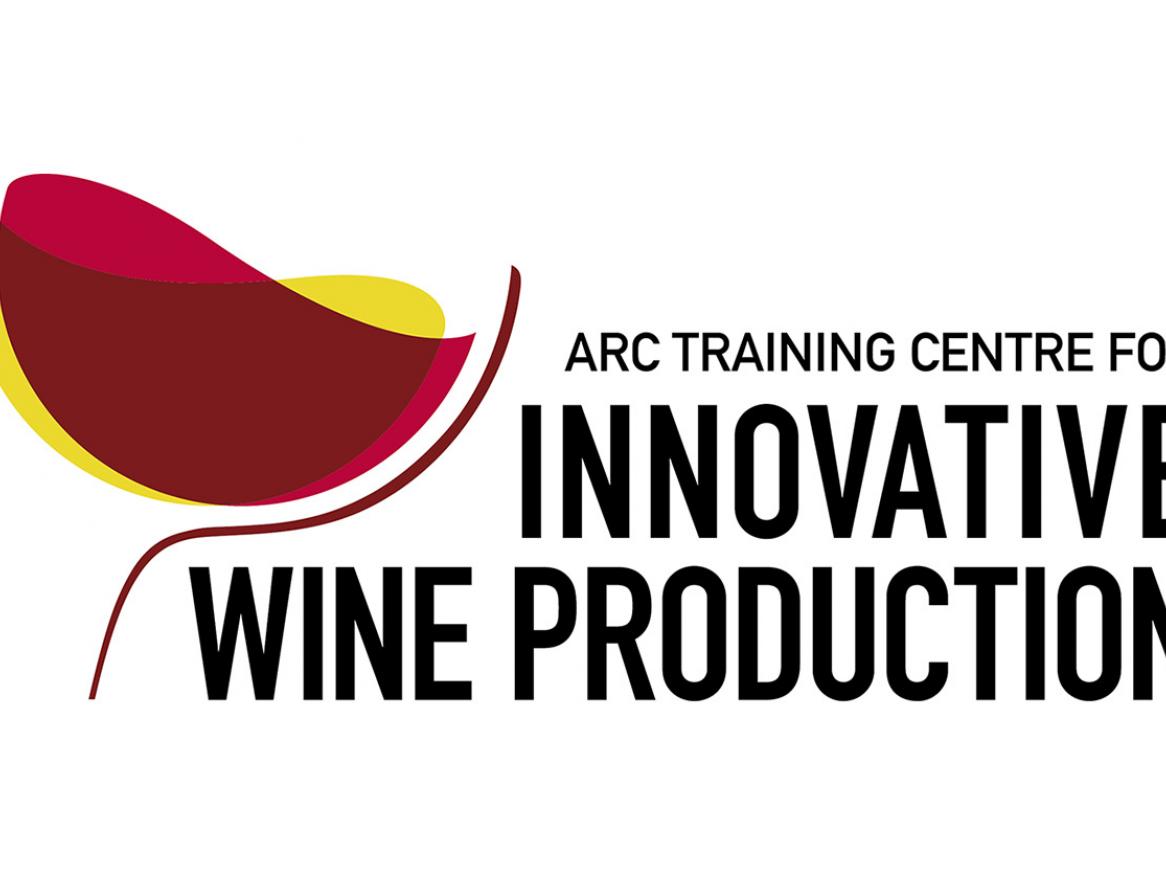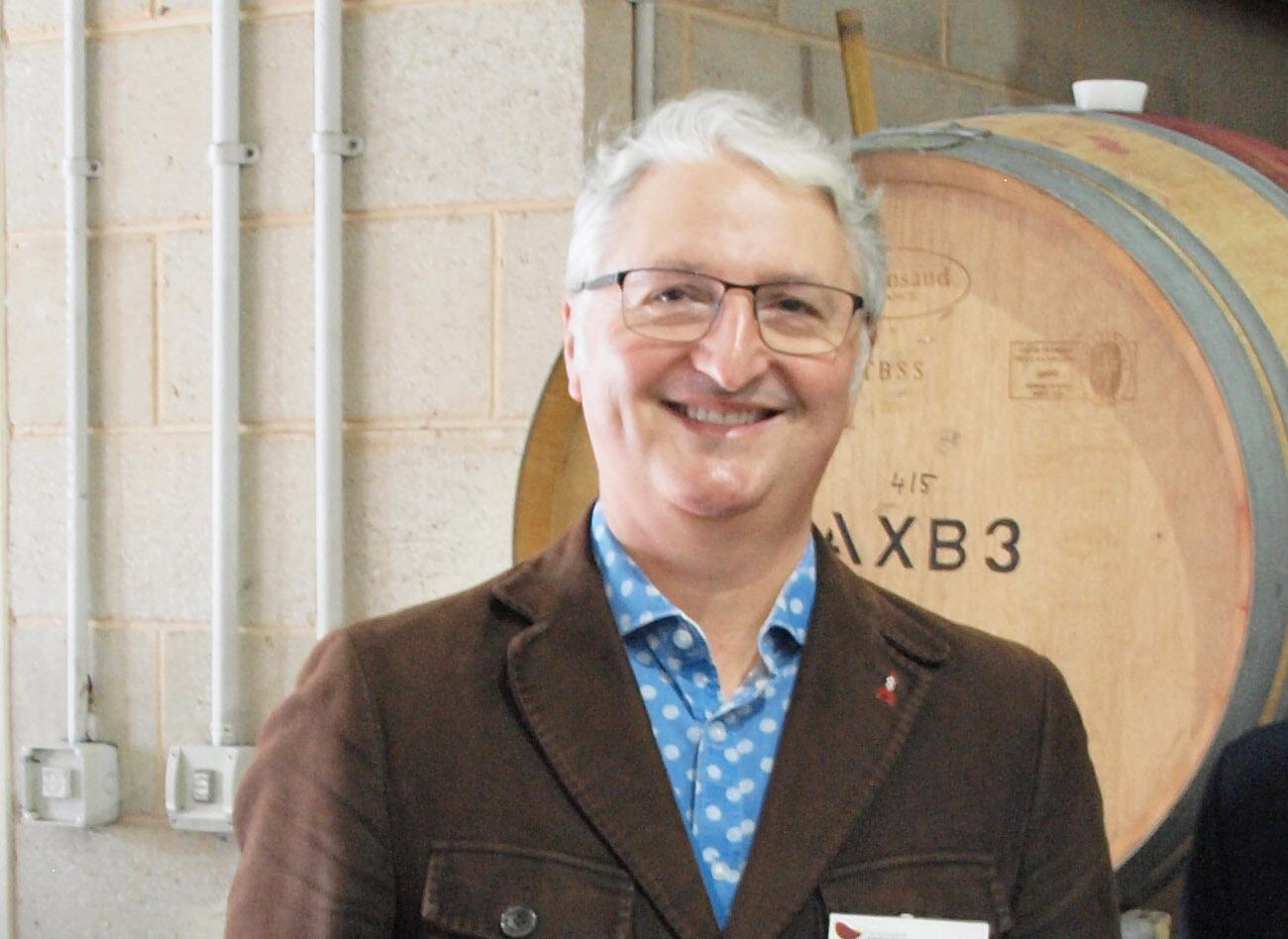Wine Microbiology Group
The University of Adelaide’s Wine Microbiology Group is at the forefront of research which aims to better understand wine associated microorganisms at a fundamental level, and improve aspects of wine quality, process efficiency and sustainability.
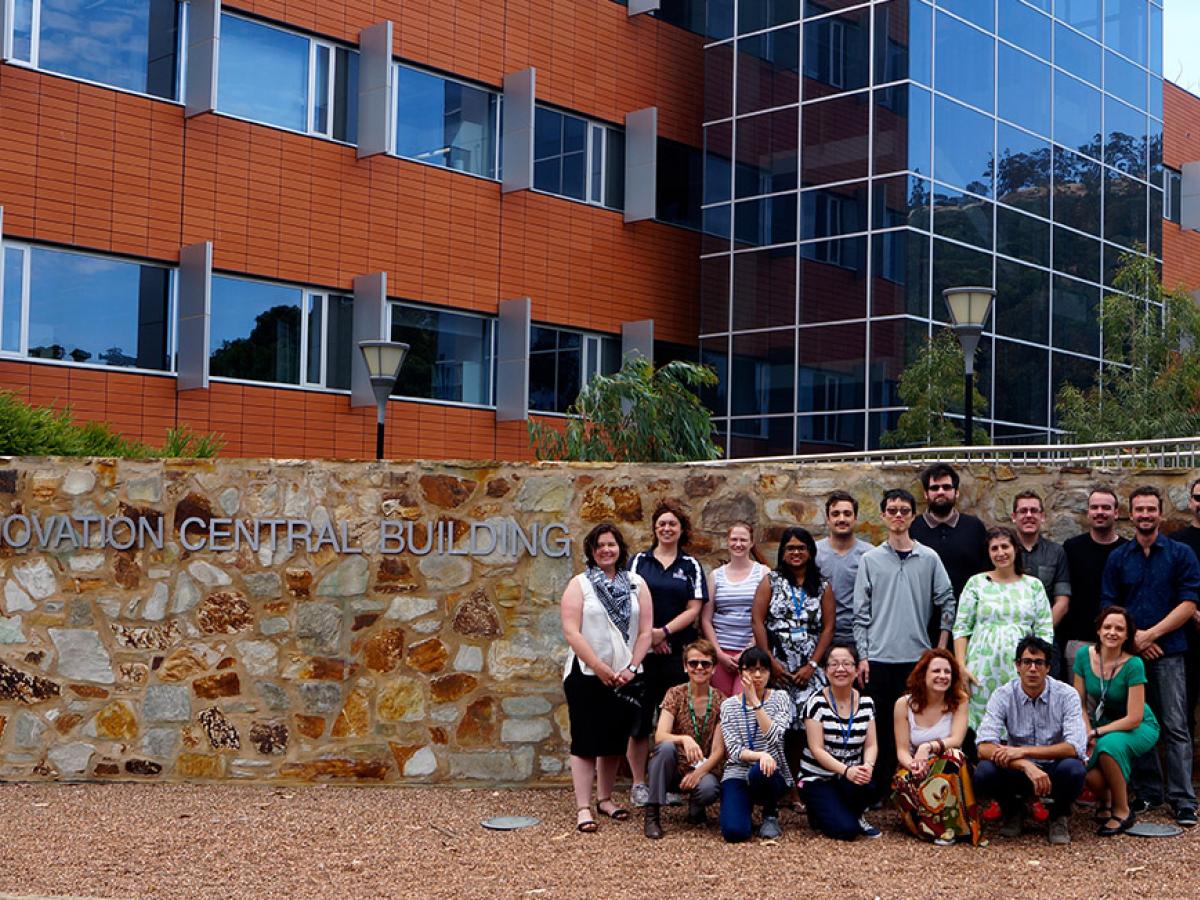
Our internationally recognised group is led by Professor Vladimir Jiranek.
We are a diverse and collaborative group of 15 postdoctoral fellows, PhD, MSc and honours students with both past and present members from all over the world.
We are located in the Wine Innovation Central building at Waite campus. Our projects are predominately funded by Wine Australia and The Australian Research Council.
Research projects
Our work is largely linked to three questions:
- How do yeast and bacteria interact with their environment and each other in high stress environments such as seen in winemaking?
- How can this knowledge be exploited to produce superior strains and wine process outcomes?
- What does this knowledge tells us about the evolution and ecology of these microbes in their ‘natural’ environment.
-
Yeast functional genomics
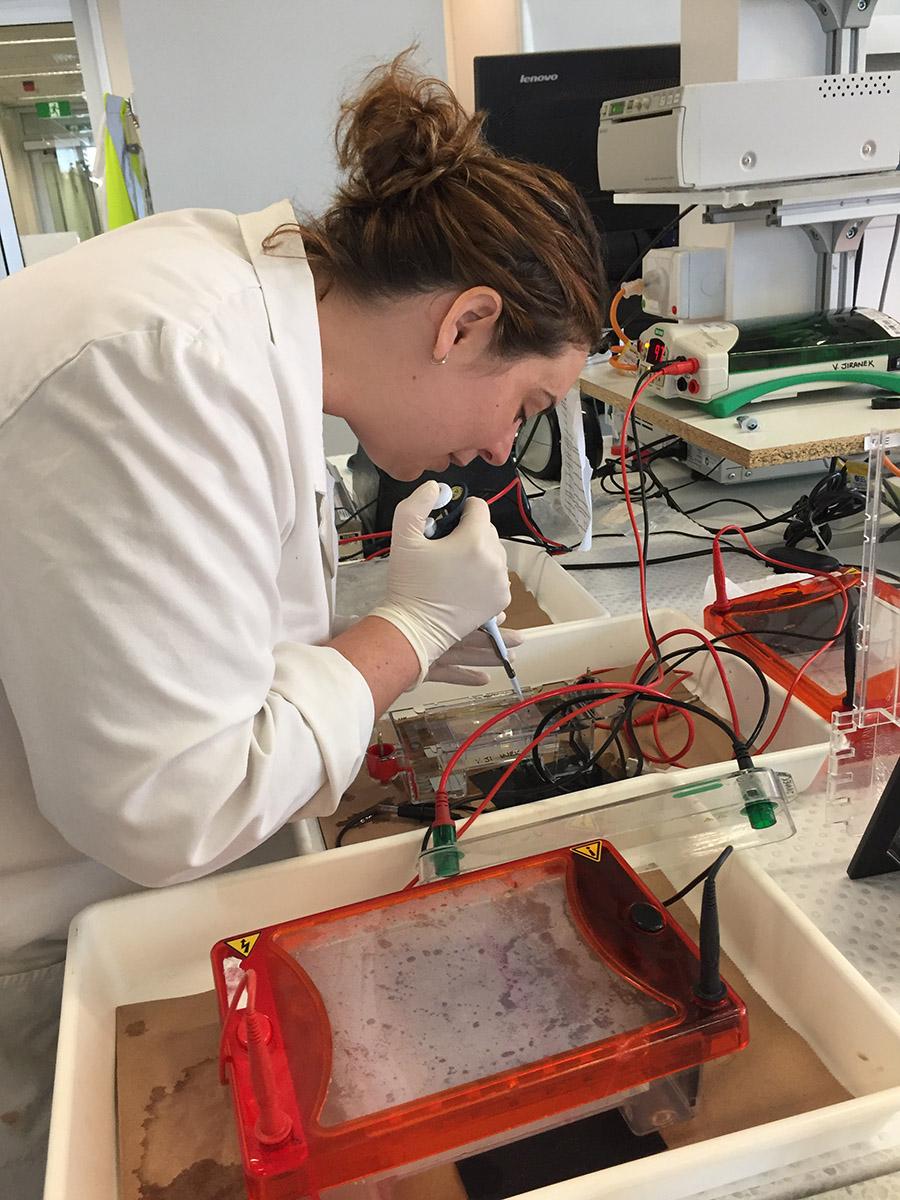
This project seeks to identify the genes that are responsible for the unique properties of individual wine yeast strains and to determine how these confer their effects.
It is widely recognised that strains of yeast can differ distinctly in terms of fermentation properties (e.g. speed, completeness, temperature optimum, etc) and production or modification of metabolites of sensory significance. In many cases the genetic basis for such differences is yet to be determined.
Research approach
Using high-throughput screens of yeast mutant libraries, as well as comparative genome analysis, we are identifying genetic differences between strains that relate to specific phenotypes. We seek to understand the adaptive mechanisms by which yeast are able to survive in grape must and successfully complete alcoholic fermentation. This information is being used to guide further strain development and build models of how yeasts function under extreme conditions.
Industry benefit
The understanding behind the genetic heterogeneity and phenotypic differences exhibited by wine yeast will be exploited in future optimisation strategies to generate novel strains with desirable oenological traits. Such information also improves our understanding of the fundamentally important mechanisms by which a yeast copes with the ever-changing environments in which it finds itself.
Researchers
- Project leader: Professor Vladimir Jiranek
- Postdoc investigators: Jennie Gardner, Joanna Sundstrom, Jin Zhang
- Nick van Holst Pellekaan
Collaborators
- Paul Boss - CSIRO
Project funding
- Wine Australia - UA 1707
- Lallemand Australia
Featured Wine Australia reports
- UA1707
- UA1302 Final Report Dec 2017
-
Directed evolution of yeast & lactic acid bacteria
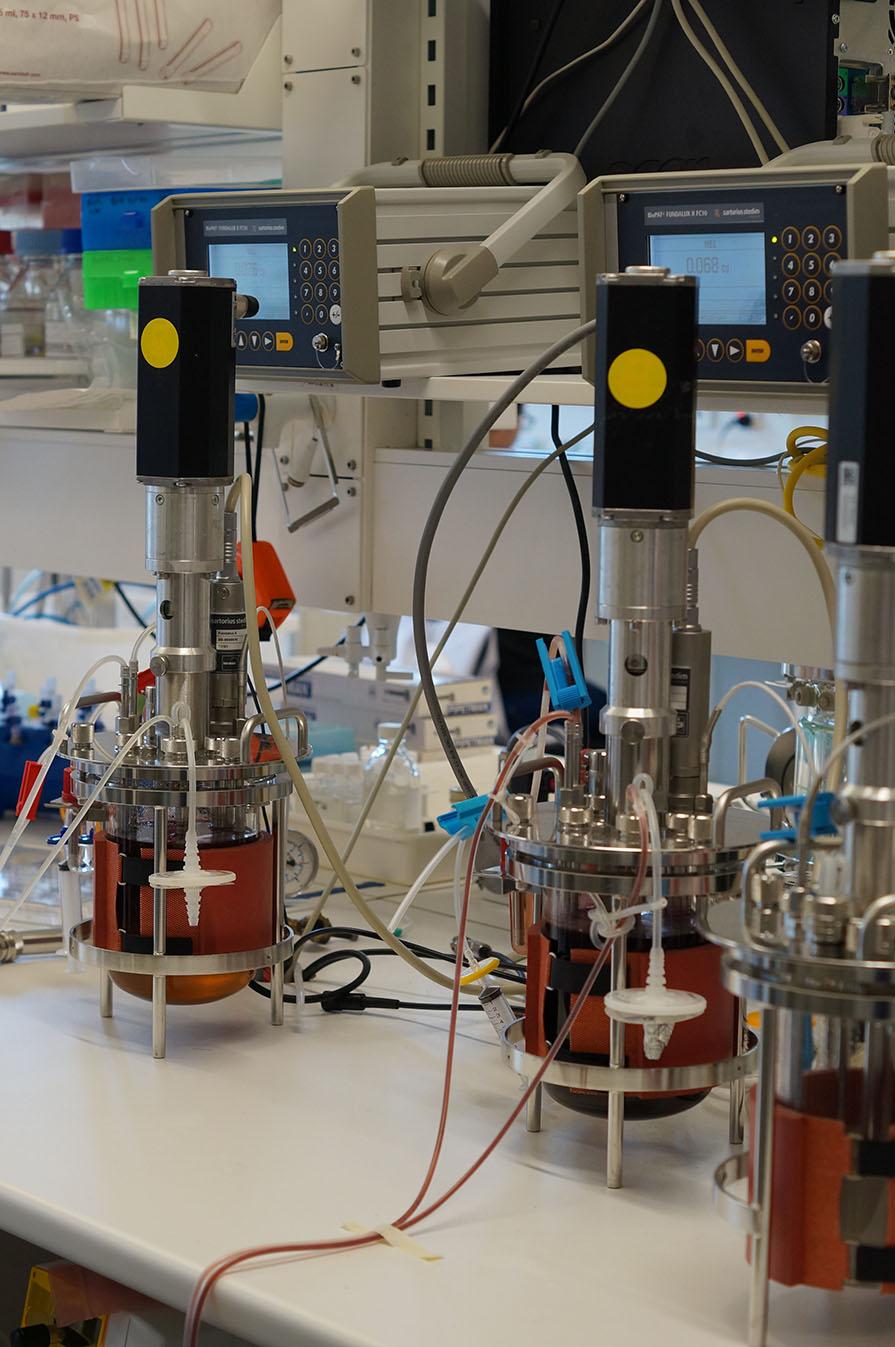
Generation of superior yeast and lactic acid bacteria by the non-recombinant approach of directed evolution. For yeast, the aim is to create more robust strains for fermentation in high sugar and low nutrient juice. For lactic acid bacteria, the aim is to create strains better adapted to the highly inhibitory conditions of grape juice and wine.
Research approach
This research encompasses a broad range of microorganisms involved in the winemaking process. Our approach is to apply directed evolution (extended incubation under selective conditions) to the following organisms to improve their performance:
Saccharomyces cerevisiae
Pure cultures of selected strains of this relatively robust yeast are frequently inoculated by winemakers to help ensure fermentation reliability and wine quality. Nevertheless up to 10% of alcoholic fermentations are slow or prematurely arrest (‘stuck’), in part due to challenging grape must composition. Climate warming is producing shorter, drier vintages that can intensify these challenges by generating juices deficient in nutrients, high in sugar and yielding high alcohol wines. Directed evolution is being applied, targeting a number of oenological stressors including acidity, high sugar and ethanol content, in order to generate more robust strains. Additionally, other novel traits such as the metabolism of malic acid are being investigated.Non-Saccharomyces yeast
When used as a single culture inoculum, such strains often fail to complete alcoholic fermentation largely due to their sensitivity to ethanol and their ability to compete with S. cerevisiae. Directed evolution is being used to generate more robust non-Saccharomyces strains so as to allow these yeasts to persist longer in fermentation and make a more significant contribution to the chemical and sensory profile of the wine.Lactic acid bacteria
Lactic acid bacteria (LAB) have fastidious growth requirements and can be sensitive to the harsh conditions of winemaking (low pH, low temperature, high ethanol content and the presence of SO2). As a result they can be slow both to become established and to complete malolactic fermentation, thereby greatly extending the duration of the winemaking process. This project uses directed evolution to produce more efficient and reliable strains of LAB with higher tolerance to wine conditions.Industry benefit
Superior yeast and lactic acid bacteria generated in this project will offer the industry greater reliability and predictability of alcoholic and malolactic fermentation. Reductions in processing times will enhance winemaking efficiency, winery throughput and reduce the risk of spoilage associate with unfinished wines being held in an unstabilised form for longer.
Researchers
- Project leader: Professor Vladimir Jiranek
- Postdoc investigators: Krista Sumby, Jennie Gardner
Collaborators
Project funding
- Wine Australia - UA 1707
- Australian Research Council Training Centre for Innovative Wine Production - IC170100008
-
Yeast cell-cell communication
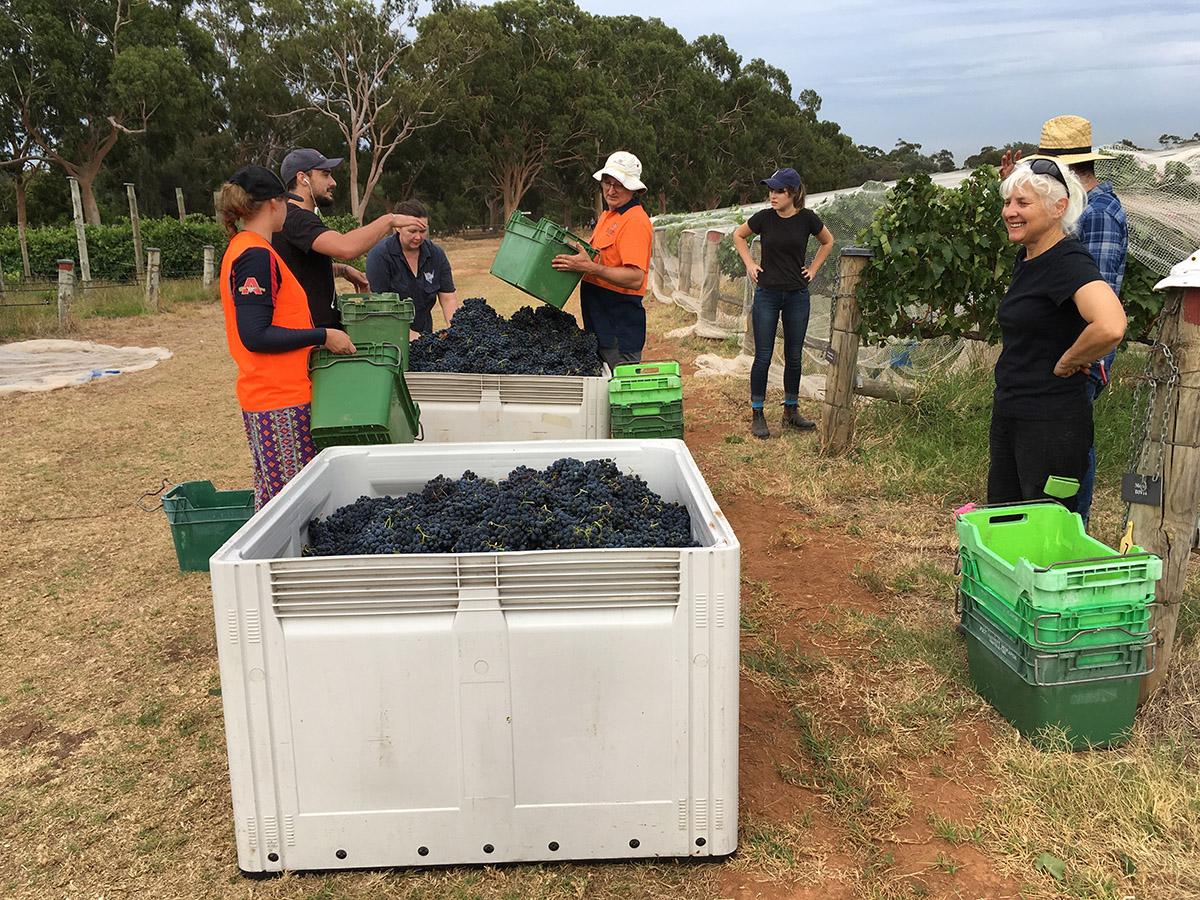
This project aims to explore the cell-cell signalling known or suspected to occur between microbes involved in the wine fermentation, to understand the impact on population and fermentation dynamics and metabolite formation.
A yeast cell’s life is a dramatic sequence of feast and famine. Competition for nutrients can result in many cellular responses. The fate of an individual cell is not only determined by it’s own cellular machinery, but also by others in its vicinity. But how are these activities coordinated? Cell-cell communication via chemical signals is critical in this process and can result in altered growth and morphology and changes to core metabolic systems such as fermentation. A handful of signalling molecules are known, but are there others? Furthermore, do they affect fermentation dynamics or even quality of fermented products, like wine? Certainly one known signalling molecule, phenylethanol, contributes positive rose-like aromas to fermented beverages.
Research approach
We have been investigating the influence of known signalling molecules on wine yeast cell growth, morphology and fermentation. Novel fermentation-specific cell-cell signalling molecules are also being identified and their impacts on yeast rigorously examined. We are defining the functional relevance of these molecules to industrial fermentation. This approach will be aided with the use of yeast mutant libraries. Where appropriate, a fermentation-specific cell-cell signalling model will be generated to provide a holistic view of the impact on wine.
Industry benefit
This study will provide knowledge whose application has the potential to improve industrial fermentation through new monitoring and management systems. Importantly, the findings will have relevance for how this organism interacts with its neighbours in a natural context.
Researchers
- Project leader: Professor Vladimir Jiranek
- Postdoc investigators: Jennie Gardner & Joanna Sundstrom
Collaborators
- Prof Steve Oliver, Department of Biochemistry & Cambridge Systems Biology Centre, University of Cambridge, UK
- Dr Benjamin Binder, School of Mathematical Sciences, University of Adelaide
Project funding
- Australian Research Council Discovery Project - DP130103547
Key collaborations
We collaborate on projects linked to the following research centres and facilities:
People


Shailja Mishra
PhD Candidate
Carla Virdis
PhD candidate
Emily Hocking
PhD candidate
Natalia Caliani
PhD candidate
Researcher profile
Scott Oliphant
PhD candidate
Researcher profile
Yanina Giordano
PhD candidate
Researcher profile
Zhencu (Jessie) Xu
PhD candidate

Dr Joanna Sundstrom
Postdoctoral Research Fellow
Manager, ARC Training Centre for Innovative Wine Production
Researcher profile


